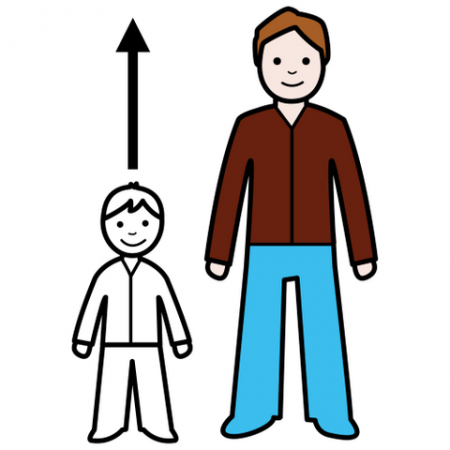 We understand by Geography to that science that is interested in the analysis of phenomena related to the Earth, both from a natural and human point of view. This is why for Geography not only everything that has to do with the surface, natural and territorial elements is important, but also with the population that inhabits those territories and adaptation to different types of spaces.
We understand by Geography to that science that is interested in the analysis of phenomena related to the Earth, both from a natural and human point of view. This is why for Geography not only everything that has to do with the surface, natural and territorial elements is important, but also with the population that inhabits those territories and adaptation to different types of spaces.
Coming from the Greek, the word Geography means "description of the Earth", and this is how this science will be concerned with describing and analyzing different aspects related to our planet. To carry out such an analysis, various approaches can be used that will vary the object of study or interest.
Among these approaches we can mention physical geography (which is directly linked to natural phenomena such as climate, terrain, surface, atmosphere or relief, among others), human or social geography (that which studies the human being inserted in the natural world, as well as its adaptation and alteration of it), ecological geography (responsible for analyzing how natural spaces are related to man). There is also landscape geography (which seeks to understand different landscapes), in addition to regional geography that is interested in a synthetic and specific study of geographic realities in particular places.
Geography is the study of the Earth, its landforms, characteristics and inhabitants
With the advancement of technology and geo-locators available to everyone, fewer and fewer people are interested in their study, the truth is that this science studies in detail what happens on the planet with respect to its climatic, orographic and different conditions. natural phenomena. It includes the spatial analysis of human and natural phenomena, the exploration of earth sciences, and the study of the relationship between nature and human life. It also analyzes the social, economic and environmental processes that affect the environment. Don't you think it's important to know about it in depth?
It is broadly related to people's lifestyle
The geographical conditions of a region affect the lifestyle of its inhabitants and influence their day-to-day life. They have a profound impact on the social norms, culture, art forms, literature, eating habits, and the celebrations and traditions of the people who live in a certain place. The study of Geography allows us to understand the distribution of the population in the world and the differences in their ways of life.
Facilitates navigation
This field of study encompasses the understanding and location of different territories and countries, as well as the organization of the land mass and the body of water throughout the planet. Maps, an important part of the study of this branch of knowledge, help us to locate places in the world, allowing us to form a mental image of distances or to know the extension of the territory, whether in terms of size, height or depth. All of the above contributes to improving our navigation skills, benefiting us in terms of mobility and commercial exchange between nations, in addition to many other things.
Study natural resources
Climatic conditions affect the lives of the people, animals and plants that grow in a region. The available resources of each place are highly influenced by its location and the geographical conditions that prevail there. Why is there oil from Saudi Arabia? Why are China and India the largest rice producers? Why do camels live in African lands and polar bears in the Arctic? The answer is in the geographical conditions of each particular place.
It is widely related to Geology
Geological characteristics such as landforms and altitudes, among many other things, vary at different points on the globe. This field is closely linked to geography and teaches us what kind of natural disasters a region is prone to, allowing us to take the necessary preventive measures. It is of great help to man in planning the construction of dams and electricity projects, as well as in planning the development of business and commerce.
Helps us appreciate life
The study of Geography invites us to appreciate the diversity of all forms of life. Thanks to it we can understand how nature influences human beings and how we influence nature. It gives us a greater understanding of how cultures have taken shape over time, and how civilizations were born. In addition, it is a very useful tool to value the Earth as the home of humanity and support us in making the right decisions, in relation to how the planet's resources should be used in a sustainable way.
To carry out its work, geography must have different resources that allow it to obtain results without necessarily being in place. In this sense, cartography and maps have always been one of the main elements of geographic work. At the same time, and since the last decades, geography has been able to count on the help of satellite devices that give a very complete image of the Earth from a distance. In addition, it also completes its analysis through the study of hydrology, geology, anthropology, sociology and other sciences that are essential to understand the phenomena that occur on the planet.









